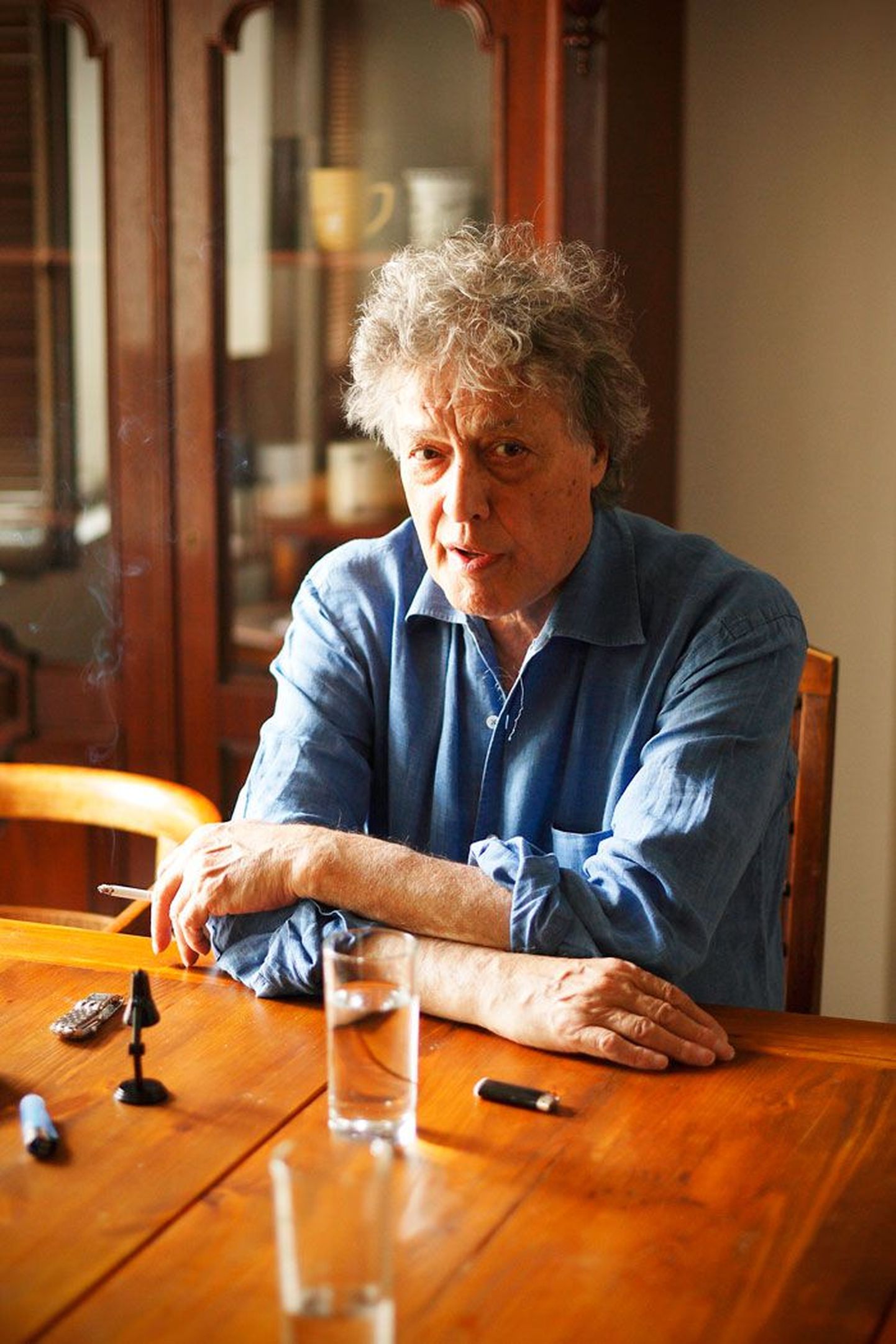I have given up. The war has been lost. But I do notice the mistakes every time – and by now, they are the rule in the English language based journalism. I think people like me come across like pedant, capricious. Still, such misuse at times alters the meaning. Should one put that sentence into Latin and back again, it might say quite the opposite.
In addition to Voyage, in City Theatre, and Shipwreck, in Drama Theatre, you have, at earlier times, seen The Coast of Utopia plays in London, New York, Russia, Italy and Japan. What are the differences in the varying cultures?
The main difference is how it looks. Once you get used to it, it’s the same storey, after all.
Having had glimpses of the Japanese theatre’s style of acting and expression, I took the long journey to Tokyo, earnestly hoping to behold something I would hardly recognise. Then, seeing the Japanese Utopia not in the least Easternised... it was a funny feeling indeed. Sure, it was a bit «tuned» by Japanese culture, but with no attempts to place it in another cultural context.
I think my characters are quite distinguishable. So, bursting into any theatre and viewing, on the stage, Belinski, Bakunin, Natasha or Maria, they would never overlay each other – that’s the way I like to bring the characters forth. I could just enter at the end of the second act and pinpoint who is who. Just like I wrote them. So, I answered your question coming along a long circle, but I guess my characters are such as to be recognisable, no matter the language and the culture.
